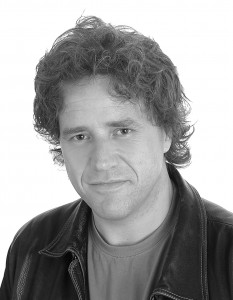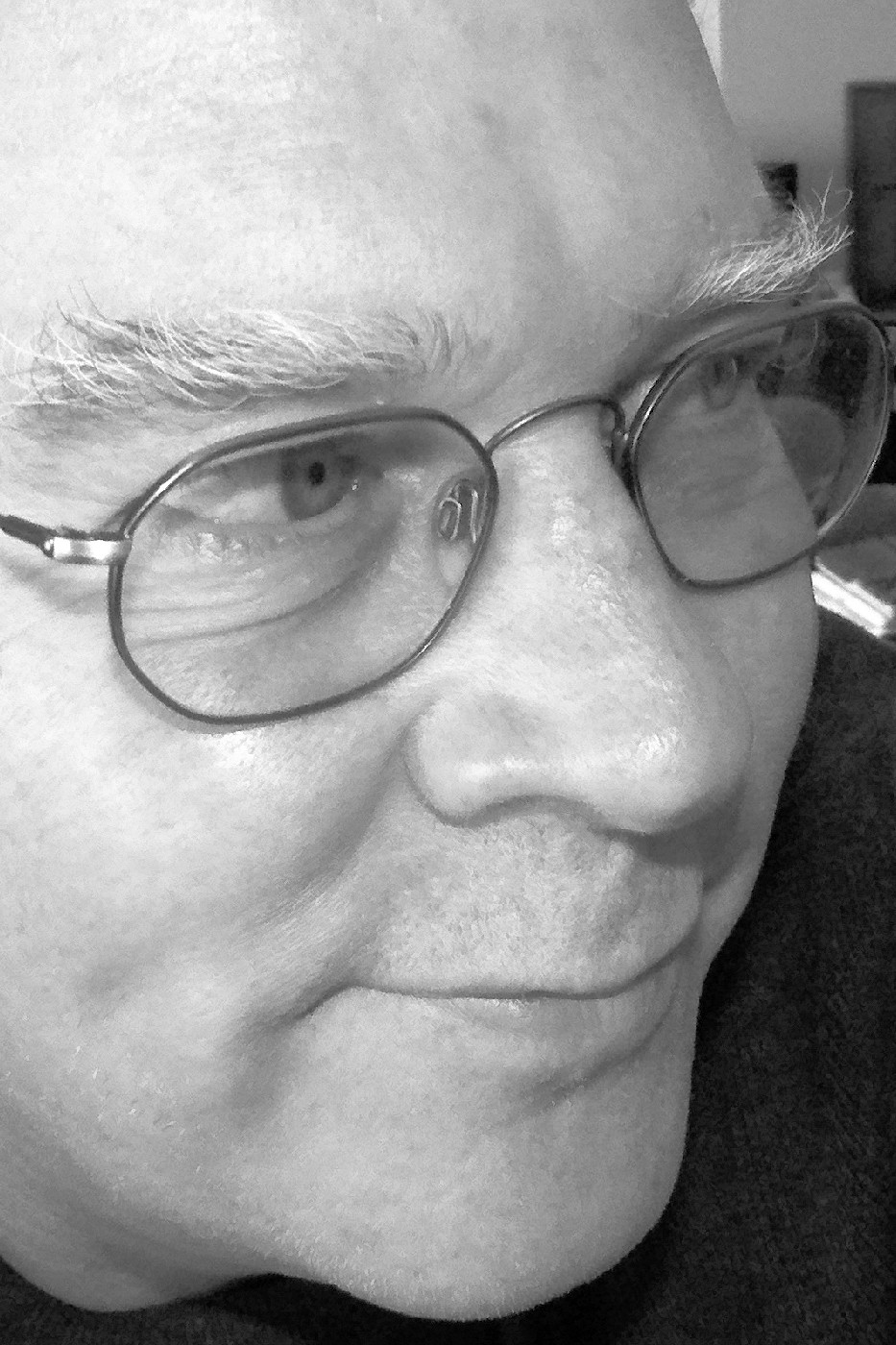
Chris James is an English science fiction writer who was born in Hampton Hill near London in 1967. In 1998 he moved to Warsaw, Poland, where he lives with his wife and three children. He published his first novel in 2010, a futuristic court-room thriller called Class Action, and his second in 2011, called The Second Internet Café, Part 1: The Dimension Researcher, which takes the sub-genre of Alternative Realities to its logical conclusion. He is currently writing the second part of The Second Internet Café trilogy.
Chris says when he writes, he concentrates on replicating what he enjoys most as a reader: a fast pace in the story, emotional involvement with the characters, and action, as well as story continuity that works. “Many things can take me out of a story that I’m reading: bad writing, bad editing, plot points that don’t make sense, clunky and dull exposition. These are all the things I try very hard to avoid when I write.”
Originalty and an interesting premise are important to Chris in his work. “Class Action came from one thought: what would happen if there was a technology that could see into the brain and extract everything, which made it impossible for suspects to lie under oath? The Second Internet Café came from: wouldn’t it be cool if there was a place where scientists knew where every single alternative reality was, and sent special researchers to go and investigate them?” Continue reading “Meet the Author: Chris James”



